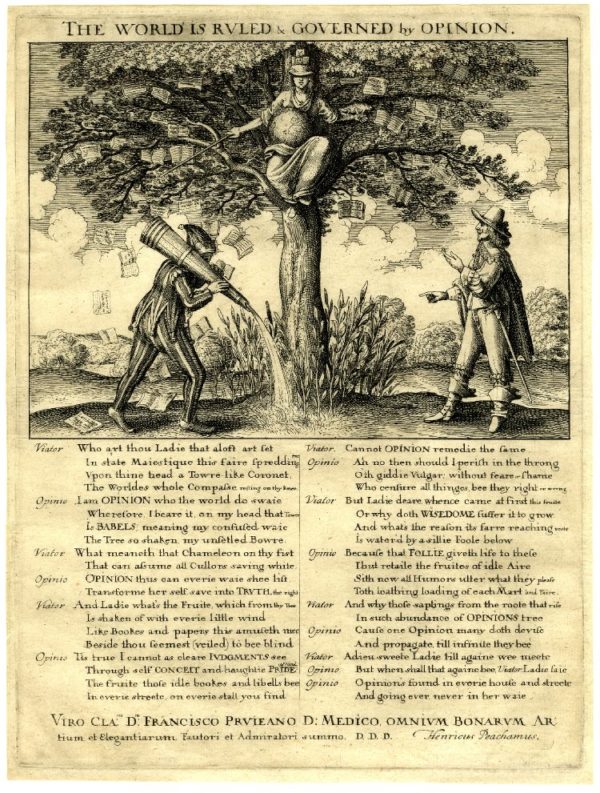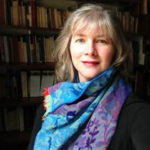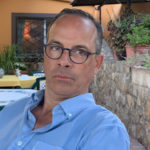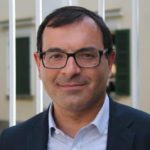This group explores paper as a medium for the codification, recording and exchange of information, ideas, emotions and value across the Mediterranean. Our starting point will focus upon the materiality of paper: its nature and the conditions for its production, distribution and use, which will help establish a methodological foundation for an approach to paper as a material vehicle for the construction and communication of culture(s) in all their heterogeneous dimensions and as a trope for the many different sorts of activities that relied on this medium as their material repository and facilitator. It will also explore how this materiality contributed with other associated phenomena—e.g. the invention of print—to the development of communities and communication networks that facilitated the circulation of people, ideas and objects within the geo-cultural space of the Mediterranean.
We shall also focus on the relations between paper and power, with the emergence of the macroeconomic and complex administrative structures that resulted from the gradual expansion of trade and finance on a global level, on the one hand, and on the other the creation of the modern state and of paths for imperial expansion through exploration and conquest, which depended for its administration on a sophisticated bureaucratic machine based on the use of paper. In short, we can talk about a new era of state administration by paper, but also a new age of paper money and paper-based financial exchanges facilitated by the so-called paper revolution which took off towards the end of the Middle Ages.
Like people, ideas and objects, paper also became subject to displacement and movement: travellers, diplomats, merchants, and collectors, among others, engaged in the circulation of important documents and books. Alongside falsification, theft and exchange, paper also became the victim of violent elimination and cultural appropriation, for instance through censorship and collection.
Epistolography is one of the most versatile and productive uses of paper as a medium. In the private realm it facilitated exchange of familiar or intimate letters, which soon became the discursive pattern for the exchange of emotions. As postal systems developed, these originally private texts soon became public as letter-writing evolved into a genre that contributed, for example, to the genealogical origins of the modern novel as the expression of the private and public life of the modern subject.
Part of the private information shared by early modern communities of diplomats and merchants in the format of the newsletter gradually became public and ended up creating the first news networks. Last, but not least, epistolary exchange between philosophers, scholars and scientists contributed to the creation of international communities for the exchange of ideas and of knowledge, in the realms of technology and the humanities.
- To establish to what extent the use of paper determined the strategies and methods employed in the administration of the movement of people, ideas and goods.
- To look into the role of paper as a tool for the establishment of complex communities and networks (political, economic, religious, and intelectual) across the Mediterranean.
- To examine the use of paper for communication and trade across the Mediterranean during the general process of financial, political and cultural globalization between the end of the Middle Ages and the early years of the 20th century.
We shall hold a total of four workshops (in 2020, 2021, 2022 and 2023, respectively) around the following subjects: “paper and power”, “the materiality of paper”, “paper and knowledge” and “paper and emotions”.
Our first workshop, on “Paper and Power”, is scheduled for January 17th 2020 in the Archivo de Simancas (watch this space for further updates on the contents and the programme).
Our workgroup will also organize a conference in Granada in March of 2021, whose general topic will be “Paper: a medium for the exchange of ideas, emotions and value”
We shall create a blog with entries on the different activities we intend to organize, and with short essays dealing with the different roles played by paper in the creation of large complex communities and in the movement of those individuals that constituted them. We will also include audio and video interviews with experts in these different areas.
Towards the end of the PIMo Project, the paper working group will issue a collection of essays in a major academic publisher. Core members of the Project and the group, as well as other experts in their respective field, will contribute to this volume.

The World is Ruled & Governed by Opinion, 1642 etching © The Trustees of the British Museum (BM No. 1850,0223.244)
Opinion represented as a blindfold woman, crowned with the Tower of Babel, seated in a tree from which hang pamphlets and broadsides, with terrestrial globe on her lap, chamaleon in her left arm and staff in her right hand; man in motley watering the tree from water-can on his shoulder at left, courtier standing in conversation at right; with text in two columns below. The text below takes the form of a conversation between her and the traveller (Viator), who represents Everyman, and is a non-partisan condemnation of the folly of the world. The occasion is obviously the Civil War, but it is never alluded to. The verses are signed by Henry Peacham and are dedicated to Sir Francis Prujean (1593-1666), the president of Caius College. Although unsigned, the etching is unmistakeably by Hollar, who had been associated with Peacham since 1637.
















































